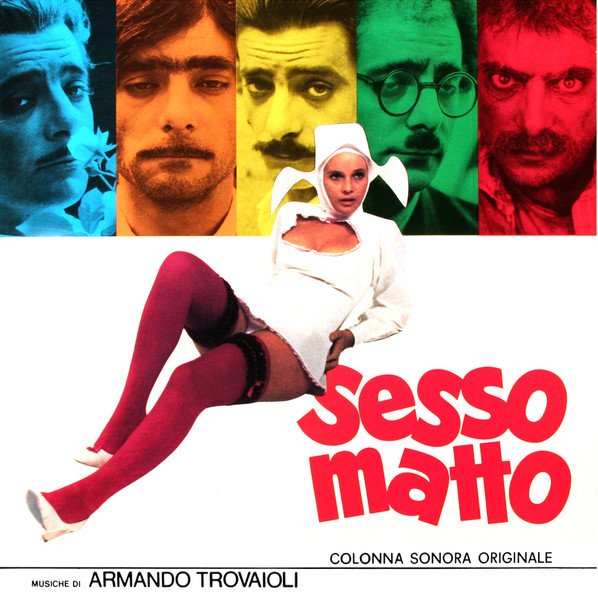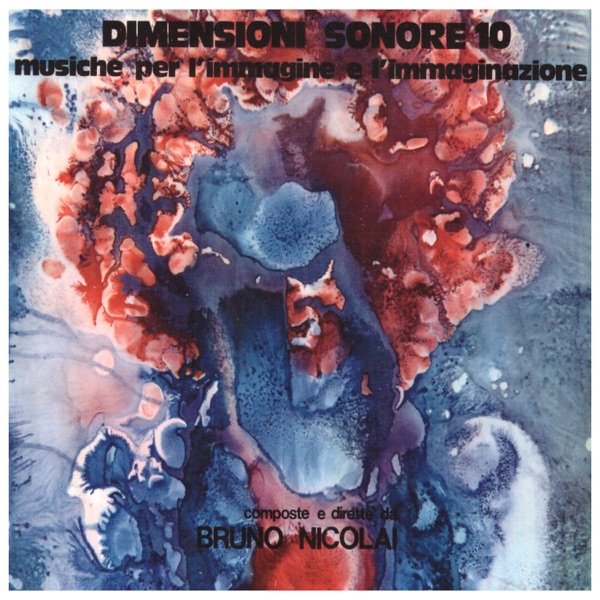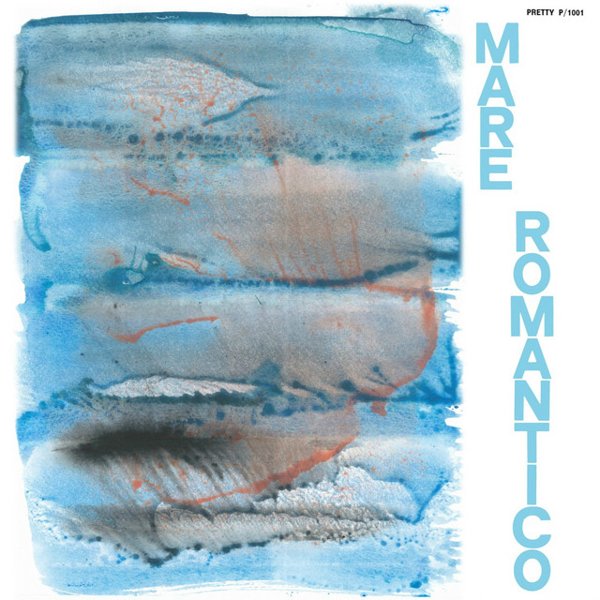Library music — the name itself doesn’t exactly titillate. The premise isn’t much better either: generic soundtrack music, composed to fit a specific concept or theme — sport, nature, comedy — and recorded by work-for-hire musicians, to be used as background in film or TV.
Yet behind this seemingly mundane tag is a whole world of experimental music, wild synths, avant-garde jazz, and psychedelic workouts, many of which remained buried in dusty film studio warehouses for decades. One of the most fertile “scenes” was in Italy, and especially in Rome, which had become a major hub for both Italian and international film production in the 1960s and 1970s.
A lively recording scene developed around Cinecittà Film Studios, Italy’s flourishing public broadcaster RAI, and the galaxy of independent filmmaking studios that had mushroomed during Rome’s so called Golden Era of film. People who were around at the time talk of a tight-knit group, composed of trained jazz musicians and self-taught experimentalists, who all knew and collaborated with each other. Sometimes a studio or TV exec would commission for a specific project, say a documentary on deep sea creatures or a “commedia sexy all’Italiana,” a particularly bawdy subgenre of Italian comedy that was all the rage in the ’70s; other times, musicians were given broad themes or atmospheres to work around, so that TV channels had a vast library of background sounds, jingles, and soundtracks to use when needed.
This is also when synths were starting to enter the scene, and in the hands of these classically trained musicians, they “lost their science fiction appearance to acquire a fully Italian flavor,” in the words of composer Piero Umiliani. It’s hard to capture one specific sound of Italian library music, with records ranging between anything from free jazz to bebop, funk, spaghetti Western-style soundtracks, tonal ambience, and electronic flights of fancy. But they are tied together by the sense of freedom and experimentalism that flourished among this group of musicians. Ennio Morricone is of course by far the best known, but composers like Piero Piccioni, Giulia De Muittis, Luis Bacalov, Armando Trovajoli, Piero Umiliani, Puccio Roelens and others were no less brilliant or prolific.
Though Italian label Right Tempo’s longtime series Easy Tempo has been shedding light on the world of Italian library music since the mid ’90s, until recently many records from that time were either completely unavailable or cost thousands on Discogs. Over the past few years some original publishers, such as Leonardi Edizioni, have digitized and put their entire catalogs online, while the likes of Sonor Music Editions and Four Flies Records have been putting out dozens of excellent reissues, as well as a string of newly recorded albums inspired by that era.

![Lingua d'Argento [Original Soundtrack] cover](https://images.theshfl.com/Lingua-d-Argento--Original-Soundtrack-_600.jpg)
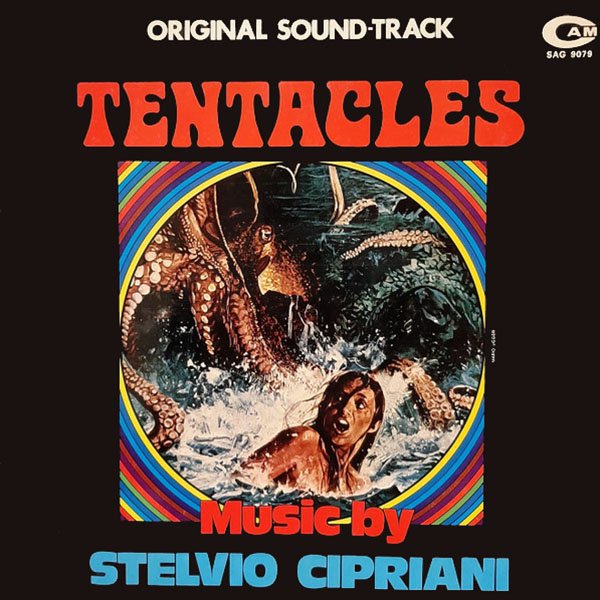
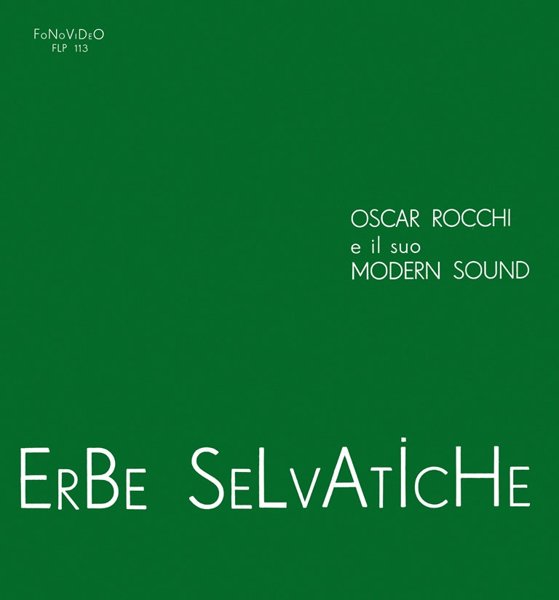
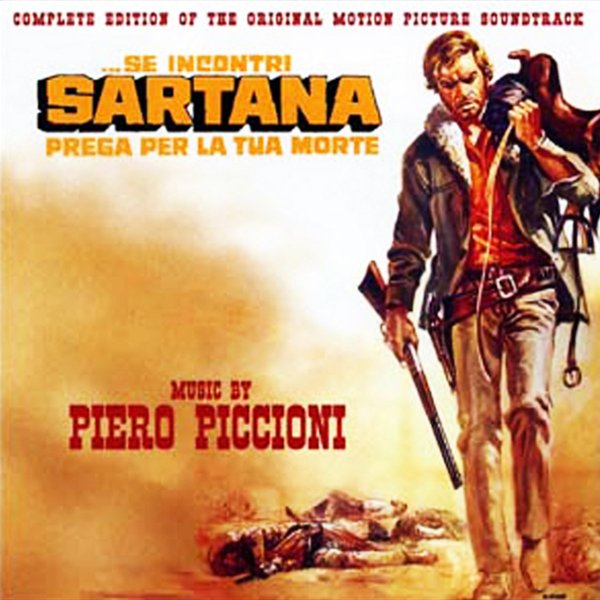
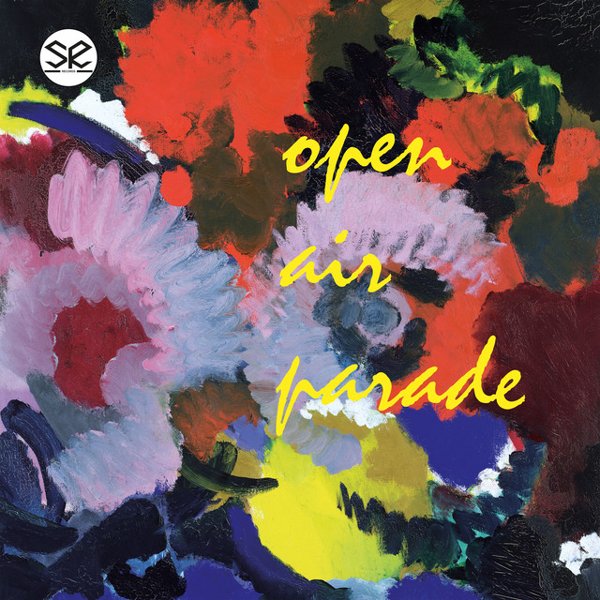
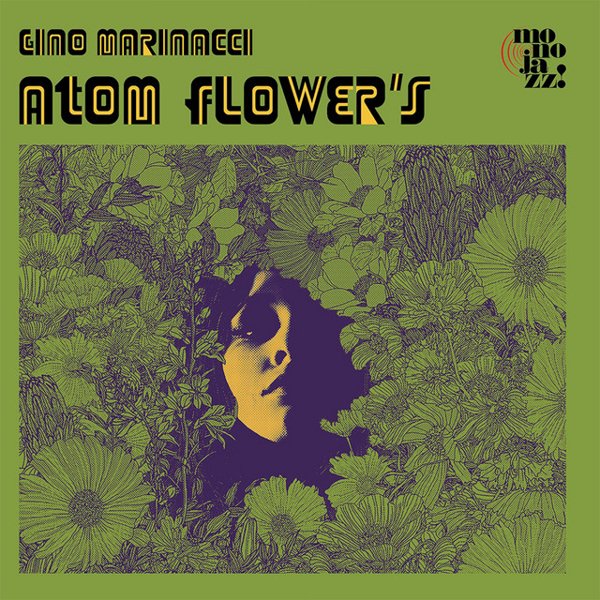
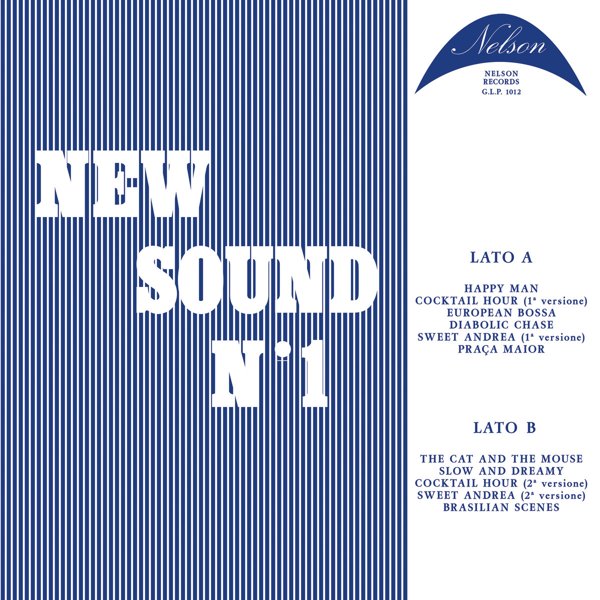
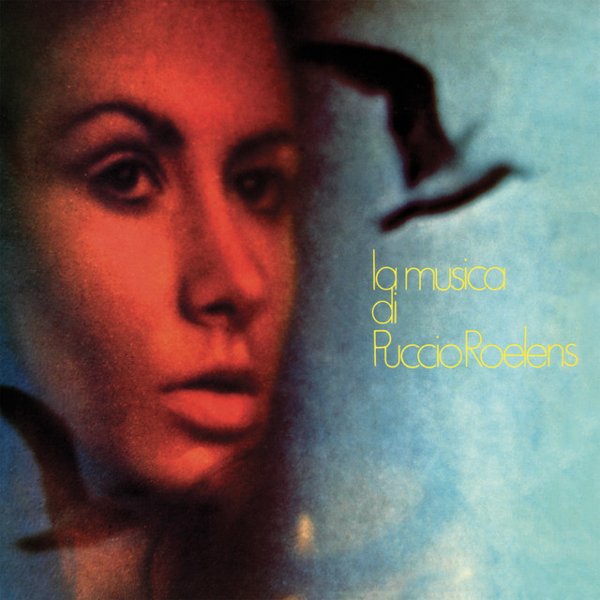
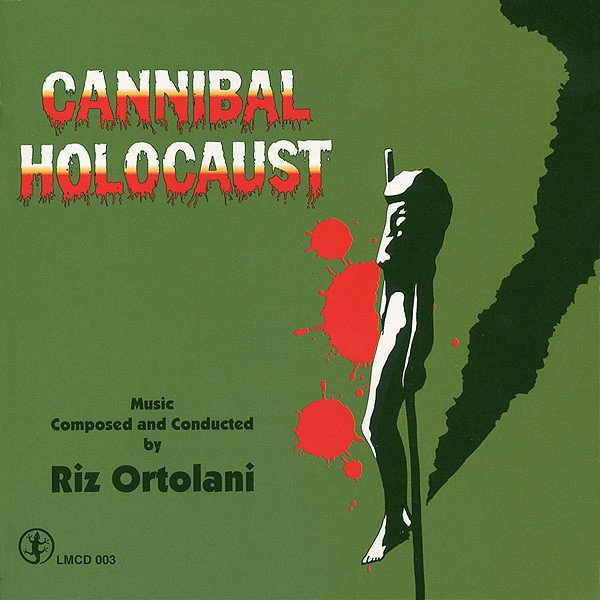
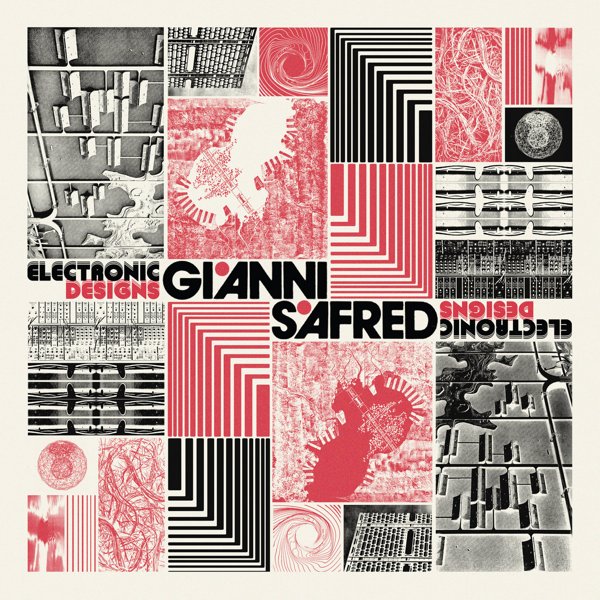
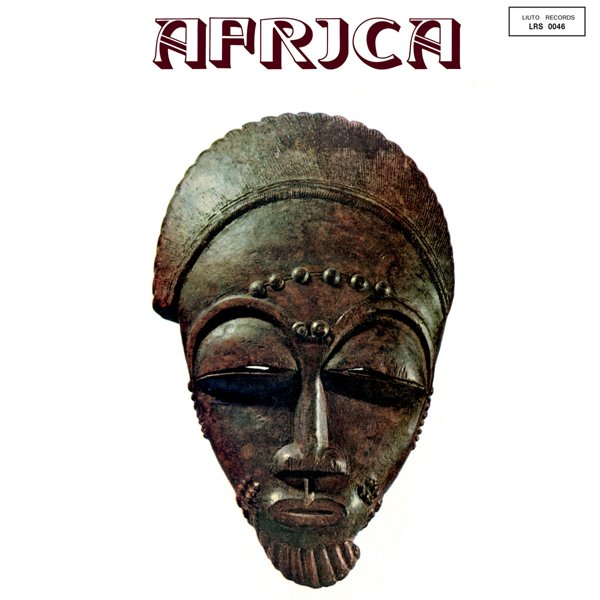
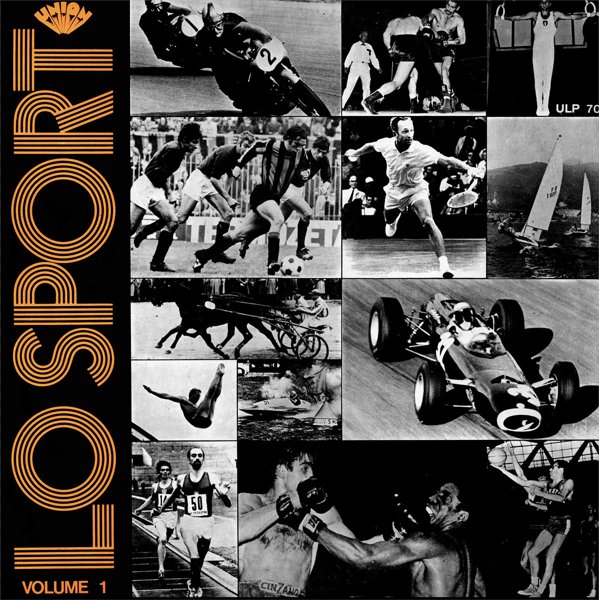
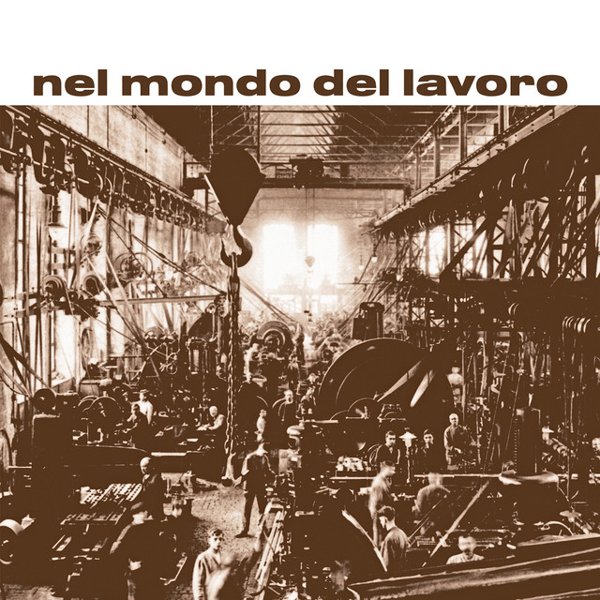
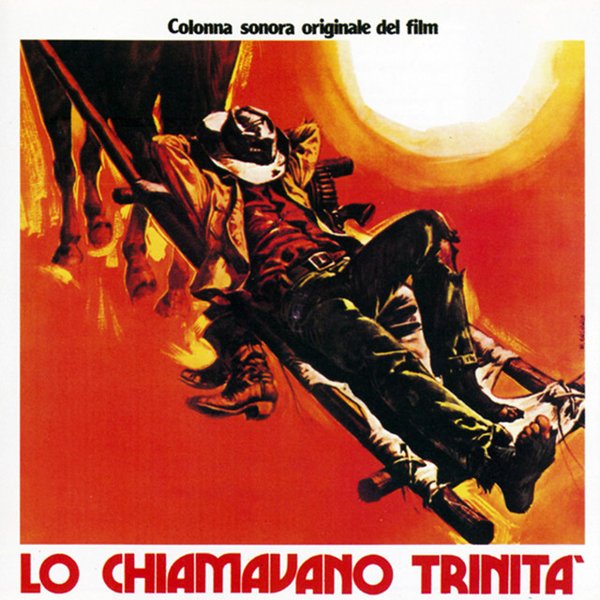
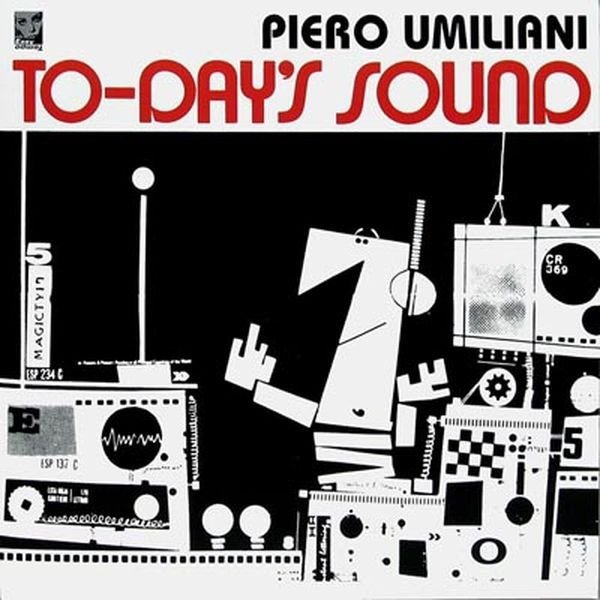
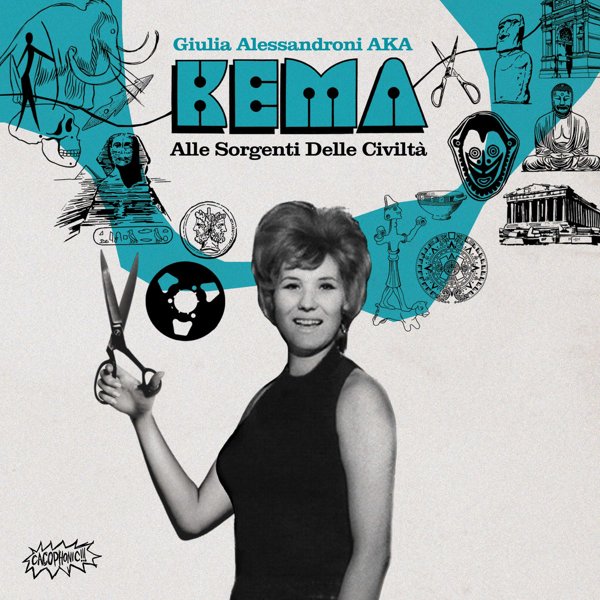
![Emanuelle In America [Original Soundtrack] cover](https://images.theshfl.com/Emanuelle-In-America--Original-Soundtrack-_600.jpg)
